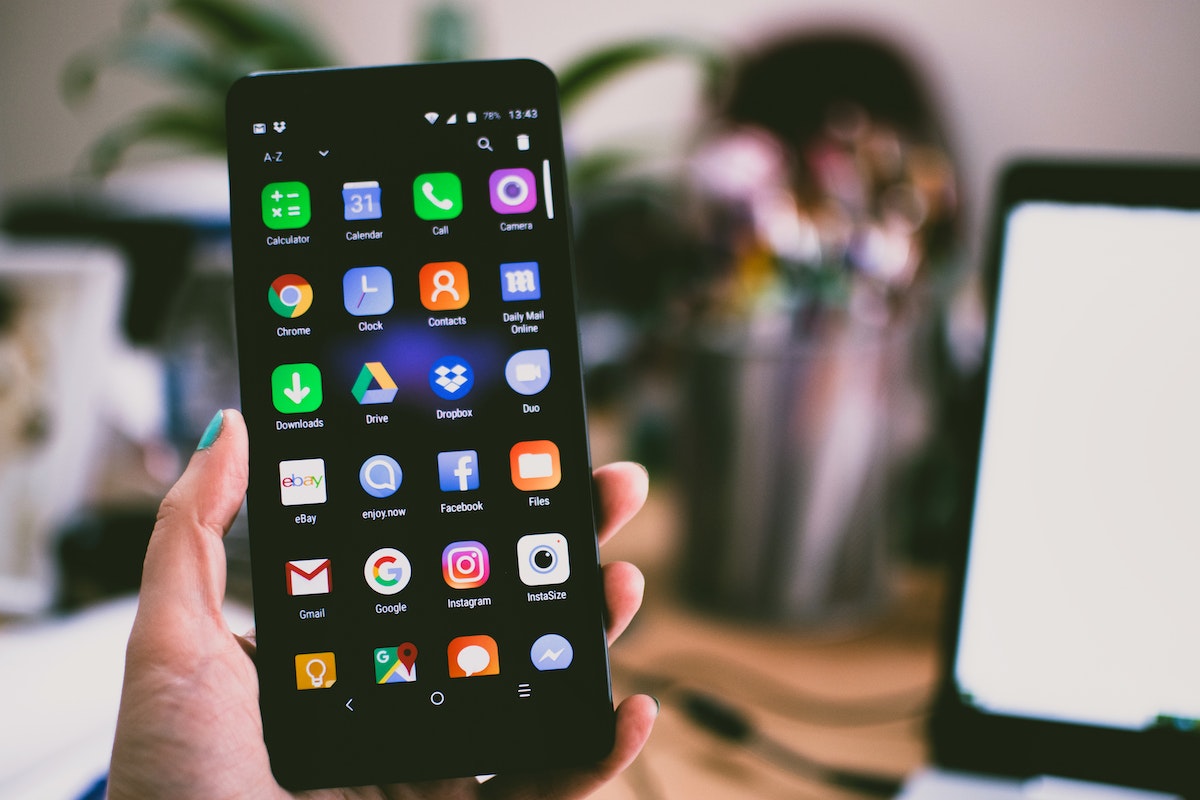Nowadays, most people take their smartphones with them anywhere they go. However, what many may not realize is that their trusty device is spying on them 24/7. The data it collects may then be leaked to the internet without you even knowing and there are malicious third-party actors who won’t think twice about putting it to good use.
Today, we are going to take a look at 3 ways data can leak from your phone and see what steps you can take to avoid falling victim to cyber threats.

Leak 1: Internet browsing
Since it’s so handy to get things done straight from your phone’s browser, people use it for all sorts of purposes, including online shopping, reading news, socializing, and even online banking. Some of these activities may be harmless, but with others, you’re putting your sensitive info at stake and even your bank balance at the mercy of how well your device is configured for optimal security. In case you’re using an older operating system and don’t update your apps often, you’re inviting trouble.
Leak 2: Malware
Malware is lurking around every corner, and on rare occasions, it even manages to slip under the radar and finds itself in Google’s official Play Store. In fact, malware could be lurking on your device at this very moment. While running regular antivirus scans is a good idea, it won’t cover you 100% since not every scanner can detect everything. Worse yet, every malware is a complete wildcard in terms of what it can do. Some of them spy on your online activities and forward them to third-party advertisers while others can potentially even read what you type, otherwise known as keyloggers.
Leak 3: Google Services
If you’re an Android user, your phone is virtually tied to Google Services in one way or another. Gmail, Google Play, Google Maps, Google Translate, and the list goes on. Did you know that Google tracks every physical step you make? It’s quite transparent about it too. You can go to Google Maps Timeline which shows you which parts of the map you’ve visited at what times and even draws a line that represents your travels. Now imagine what hackers could do with this data if it ever lands in their hands.

Your Smartphone Could Be Leaking Your Personal Data
If at some point your personal data ever finds itself on the internet without your permission, you could be in a whole lot of nasty surprises. Not only could you suddenly find yourself targeted by ads that know a surprising lot about you, there’s also a chance someone could blackmail you or steal your identity to commit banking fraud and other sorts of mischief.
To protect yourself from similar scenarios, your best bet is to take certain preventative measures such as tweaking the privacy setting on your phone and never entering any sensitive information through public WiFis and other networks of questionable origin.
However, your smartphone can still leak some of your personal data despite your best effort to contain it. If this happens to you, manually removing it is an option, but it won’t be easy. These third-party brokers and online data aggregators often deliberately design the removal forms as difficult as possible to make your job harder.
The solution is to use services like Incogni to have your personal data removed with the use of smart automation that auto-fills these needlessly complex and time-wasting forms and makes sure your data stays off of them for good. This is possible through automatic monitoring – as soon as any of it resurfaces, the removal procedure will be re-triggered without you having to lift a finger.
Conclusion
Your smartphone can be a leaky faucet so do what’s necessary to minimize the risk of losing control of your personal data. Preventative measures are the best thing you can do, but there’s always an option even in the bleakest of scenarios.